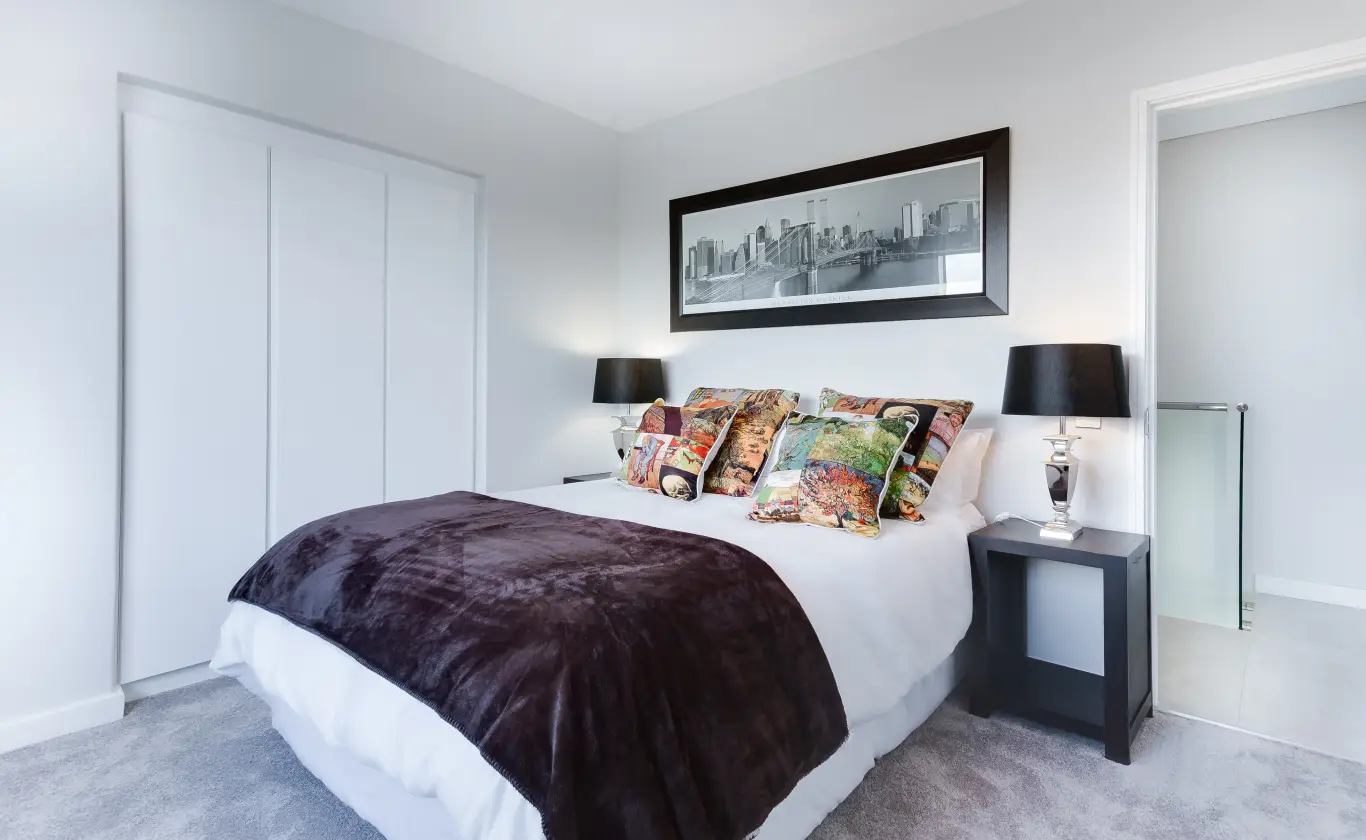
You don’t have to own a rental property to become a landlord and benefit from rental income. All you need is an extra room and you to earn a passive income. Renting a room in your house is an excellent way to bring in a stable amount of extra income every month. If you are thinking of renting a room in your house for the first time, these are some things to consider.
Landlord Tenant Laws Of Your State
It would be best if you were well-versed with laws governing room rentals. You can find this legal information by contacting the local housing authority or visiting the city government’s website. It is recommended to check your lease agreement as some don’t allow subleasing at all.
In some cases, you may need a written confirmation from your landlord permitting you to lease a room in your house. You must also check your local laws on renting a room as there may be stringent restrictions and regulations on short-term rentals.
Check Your Insurance Policy Or Talk To Your Insurance Agent
You must also ensure that your insurance policy allows you to rent a room in your house, as some insurance companies strongly prohibit this or charge an additional amount. Most homeowners skip this part, but we highly recommend doing so.
Determine The Rental Amount You Want To Charge
Once you have ensured that you comply with all legal regulations, it is time to decide the rent you will be charging for your space. Research home rental websites or online rental pricing tools to determine the market rate.
Another option is to check the local hotel room rent and charge 20% to 30% less than that rate. You can also charge extra for unique amenities (if any) in your space. It is also essential to determine how the tenant will pay for electricity, gas, and other utilities.
Advertise Your Space
After deciding on the room rent, it is time to post ads to attract potential tenants and sort through them based on their personality, habits, and lifestyle. We recommend using Roommates, Rooster, or other similar websites for advertising. Post high-quality pictures in the ad and ensure complete transparency about the room’s amenities, features, etc.
Rental Application
Have the potential tenants fill out a rental application to find if they are a good fit for your space. This is an effective way to learn about their rental history and prior eviction notices (if any).
Verify The Information Provided By The Potential Tenant
After determining that a candidate is qualified, we recommend running a background and credit check on them to verify their information and determine if they can afford to pay your rent.
Draft A Lease Agreement And Determine Rules/Regulations
Once you have found the right match, draft a Room Rental Agreement and discuss the rules and regulations of the house in advance to avoid problems later. Attach a copy of house rules with the agreement to ensure that you and the tenant are on the same page.
Contact your lawyer or legal advisor to run the rental agreement by them. This document is legally binding and needs to be signed by the landlord and tenant.